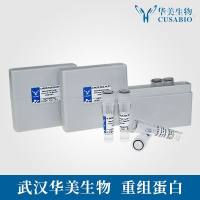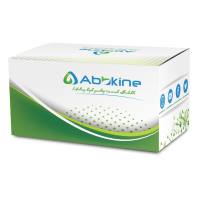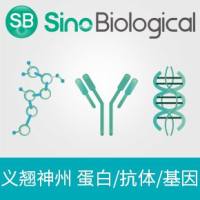Assessing Age-Related Changes in Antioxidant Status: The FRASC Assay for Total Antioxidant Power and Ascorbic Acid Concentration in Biological Fluids
互联网
互联网
相关产品推荐

Estrogen Related Receptor gamma Rabbit pAb(bs-6213R)-50ul/100ul/200ul
¥1180
![DKFZ-PSMA-11,4,6,12,19-Tetraazadocosane-1,3,7-tricarboxylic acid, 22-[3-[[[2-[[[5-(2-carboxyethyl)-2-hydroxyphenyl]methyl](carboxymethyl)amin](https://img1.dxycdn.com/p/s14/2025/1009/171/0405943971658126791.jpg!wh200)
DKFZ-PSMA-11,4,6,12,19-Tetraazadocosane-1,3,7-tricarboxylic acid, 22-[3-[[[2-[[[5-(2-carboxyethyl)-2-hydroxyphenyl]methyl](carboxymethyl)amin
¥1530

SLC23A2/SLC23A2蛋白Recombinant Human Solute carrier family 23 member 2 (SLC23A2)重组蛋白(Na(+)/L-ascorbic acid transporter 2)(Nucleobase transporter-like 1 protein)(Sodium-dependent vitamin C transporter 2)(hSVCT2)(Yolk sac permease-like molecule 2)蛋白
¥9720

土壤总磷酸盐含量检测试剂盒,用于对样本中Total Phosphorus含量检测,Soil Total Phosphate Assay Kit
¥598

SARS-CoV-2 (2019-nCoV) Nucleocapsid/N Antibody Titer Assay Kit | SARS-CoV-2 (2019-nCoV) Nucleocapsid/N Antibody Titer Assay Kit
¥5000
相关问答

